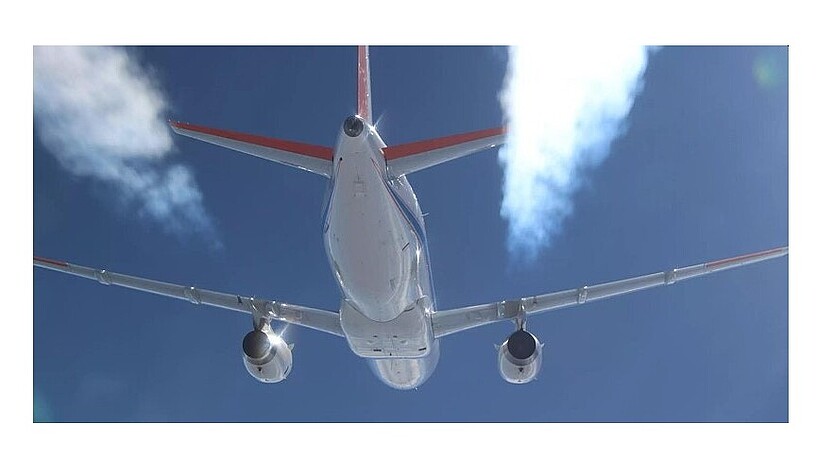Referent: Prof. Dr. Christiane Voigt, Head of Department Cloud Physics, German Aerospace Center (DLR)
Fast Measures to Reduce the Climate Impact from Aviation - Contrail Avoidance and New Fuels
Today, contrails contribute the largest share to the climate impact from aviation, even surpassing the warming by its carbon dioxide emissions. While CO2 has atmospheric lifetimes of about a century, contrails live only for few hours and thus provide a fast option to reduce the climate impact from aviation.
The current status of knowledge on aircraft emissions and contrails in light of results from recent aircraft campaigns and research activities will be presented. Operational and technological measures to reduce the climate impact from aviation will be discussed with a focus on contrail avoidance. A contrail avoidance test experiment has been performed during the CIRRUS-HL aircraft campaign in summer 2021. Results from the CIRRUS-HL include the assessment of the quality of weather and contrail forecast. The potential for flight routing for contrail avoidance or reducing contrail warming by a shift to daytime flight routes will be shown. The impact of technological measures, i.e. low aromatic fuels and new engines on emissions and climate will be presented and an outlook on future fuels will be given.
Christiane Voigt is also Professor for Atmospheric Physics at the University Mainz. Her research focuses on the aviation impact on atmospheric composition and climate. She coordinates aircraft campaigns on emission and contrail measurement in cooperation with international partners and combines the airborne experiments with modelling to investigate the potential of current and future technologies for sustainable aviation.
Organisation: RAeS Hamburg in cooperation with the DGLR, VDI, ZAL and HAW Hamburg
Wegen der Corona-Krise wird die Veranstaltung als Videovortrag erfolgen. Weitere Informationen hier.

